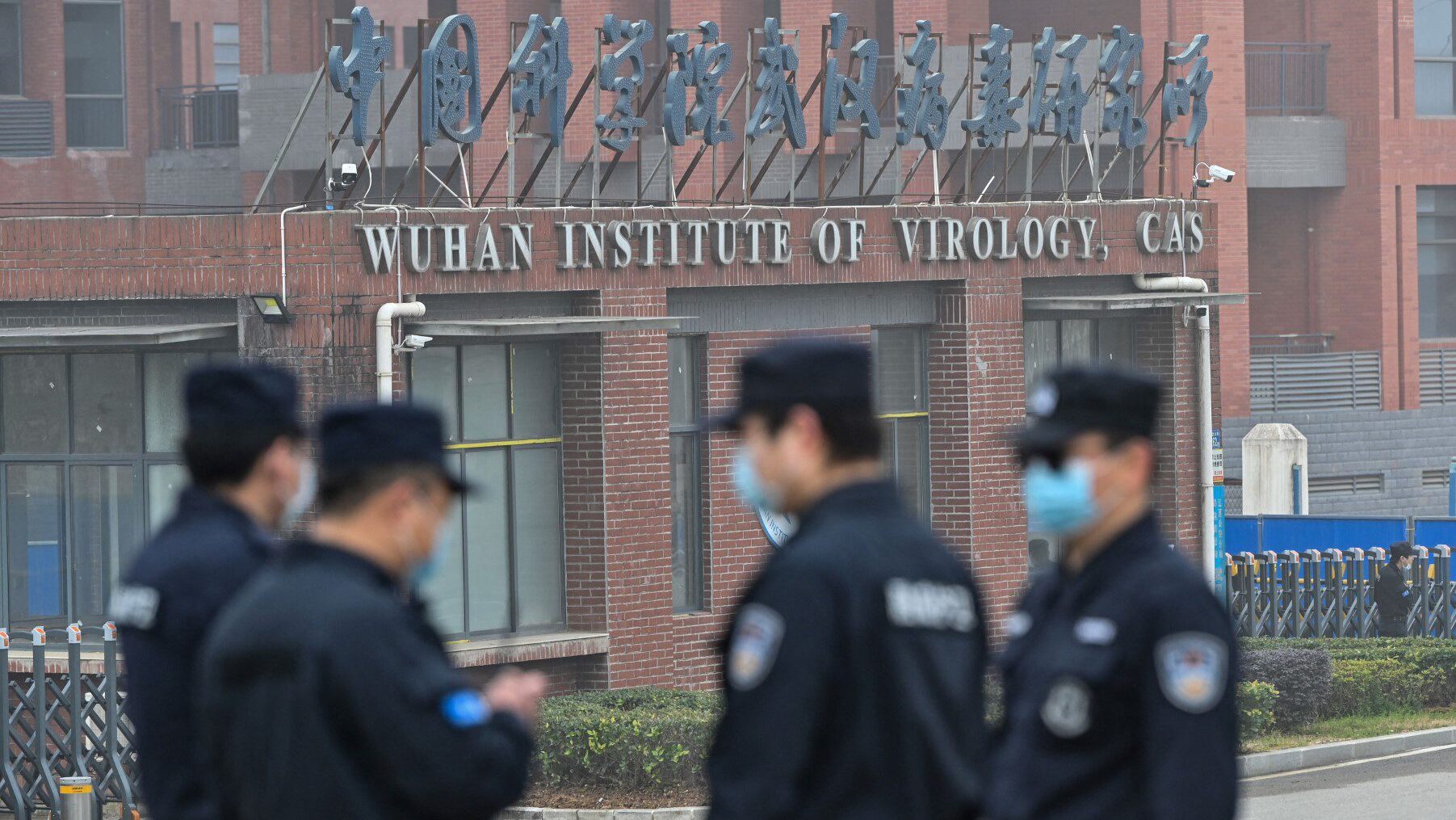
Security personnel stand guard outside the Wuhan Institute of Virology in Wuhan as members of the World Health Organization (WHO) team investigating the origins of the COVID-19 coronavirus make a visit to the institute in Wuhan in China’s central Hubei province on February 3, 2021.
Photo: AFP / Hector RETAMAL
“COVID-19 most likely emerged from a laboratory in Wuhan, China.”
That is among the findings of a 520-page final report by the Select Subcommittee on the Coronavirus Pandemic, which has been submitted to the U.S. Congressional Record following a two-year investigation.
For a long time, governments around the world, as well as international bodies like the World Health Organization, failed to properly—or, at the least, publicly—consider the ‘lab leak theory,’ prompting heavy criticism. Individuals who suggested it might be true were attacked as “conspiracy theorists” and “racists.”
The subcommittee found that the “strongest arguments” in favour of the theory were:
More importantly, the paper also suggested reasons why the theory has been made to look so heavily discredited—partly in an attempt to “defend China,” but also “to lessen the likelihood of increased biosafety and laboratory regulations.”
It has been submitted just months after now-President-Elect Donald Trump said he would reinstate military service members who were dismissed for rejecting the COVID-19 vaccination, promising they would also receive an apology and back pay—another shift away from the COVID pandemic madness.
This follows former UK prime minister Boris Johnson’s admission in his memoirs that he had come around to believe lab leak theory, as opposed to the idea that the Coronavirus was transmitted from infected pangolins to humans.
But where there are two steps forward, there must be one step back; this time in the shape of Britain’s civil service clinging on to ‘working from home’ arrangements, at the same moment as the private sector is asking employees to spend more time in the office.
“I guess,” joked MCC Brussels director Frank Furedi, “the Civil Service is not a Service anymore!”
I guess the Civil Service is not a Service anymore!
— Frank Furedi (@Furedibyte) December 4, 2024
Whitehall reverts to working from home under Starmer's Labour Government https://t.co/7tcEJq7pYp
